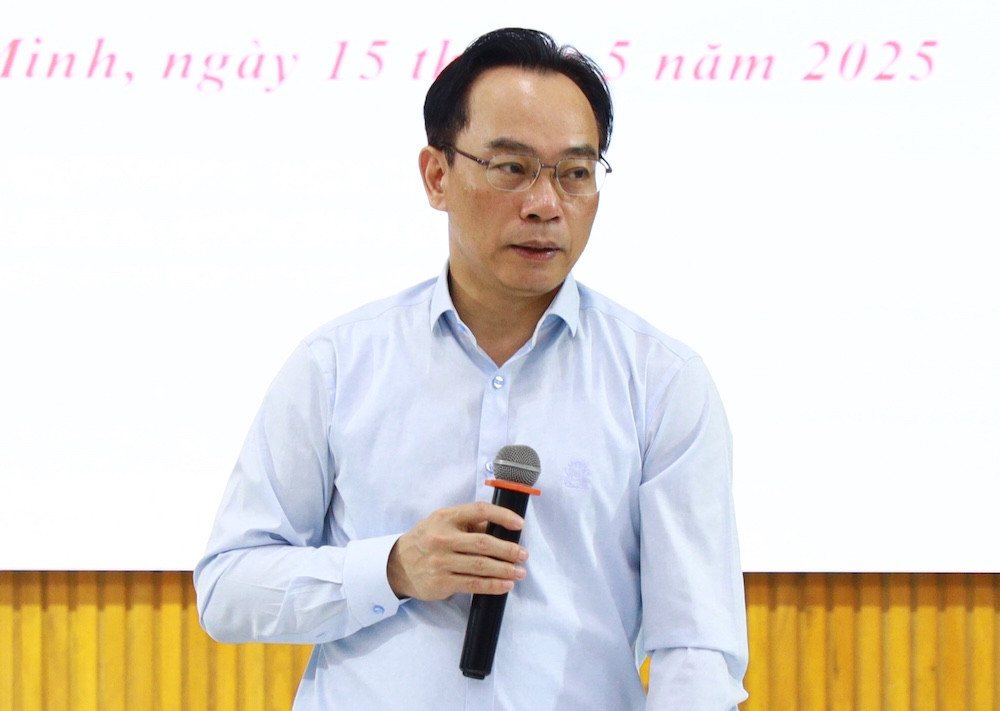
At a workshop to collect opinions about amending the Higher Education Law, held by the Ministry of Education and Training (MOET) on May 15 at the University of Law in HCM City, the ministry's Deputy Minister Hoang Minh Son said the law guides the long-term development of the education sector.
According to Son, Vietnam’s higher education has made significant achievements in recent years but still faces shortcomings that need addressing. The new circumstances, including global education development trends and the rapid development of AI and digital transformation sets urgent requirements for amending the law.
Society is placing its hopes on this law, which will create a legal corridor for higher education institutions to develop more strongly in the coming period.
The amended law would retain over 55 percent of the existing provisions in the current law; and avoid duplication with the Education Law, the amended Education Law, Teachers Law, Vocational Education Law, Law on Science and Technology and Innovation.
It will also reduce the number of articles and chapters, cut 50 percent of procedures, and minimize administrative processes by at least 50 percent.
The law compilation committee from Ministry of Education and Training stated that the draft will include overlapping content and eliminate detailed regulations on conditions for opening new majors, implementing training programs, and organizing training processes.
This aims to reduce at least 50 percent of administrative procedures by integrating the process of opening majors with training activity registration, based on training program standards and higher education institution standards.
The draft also seeks to grant autonomy to higher education institutions in developing and implementing approved training programs, except in certain fields like health, teacher training, law, security, and defense.
Nguyen Tien Thao, Director of the Higher Education Department outlined six policy groups in the amended Higher Education Law project: 1/ Enhance state management efficiency and establish an advanced university governance system 2/ Modernize training programs and methods, apply advanced technology, and promote lifelong learning 3/ Position higher education institutions as centers for research, innovation, and high-quality human resource training 4/ Increase resource mobilization and improve investment efficiency for modernizing higher education 5/ Develop an outstanding faculty and scientific workforce, fostering a creative and ethical academic environment 6/ Change the approach to quality governance in quality assurance activities.
Le Huyen